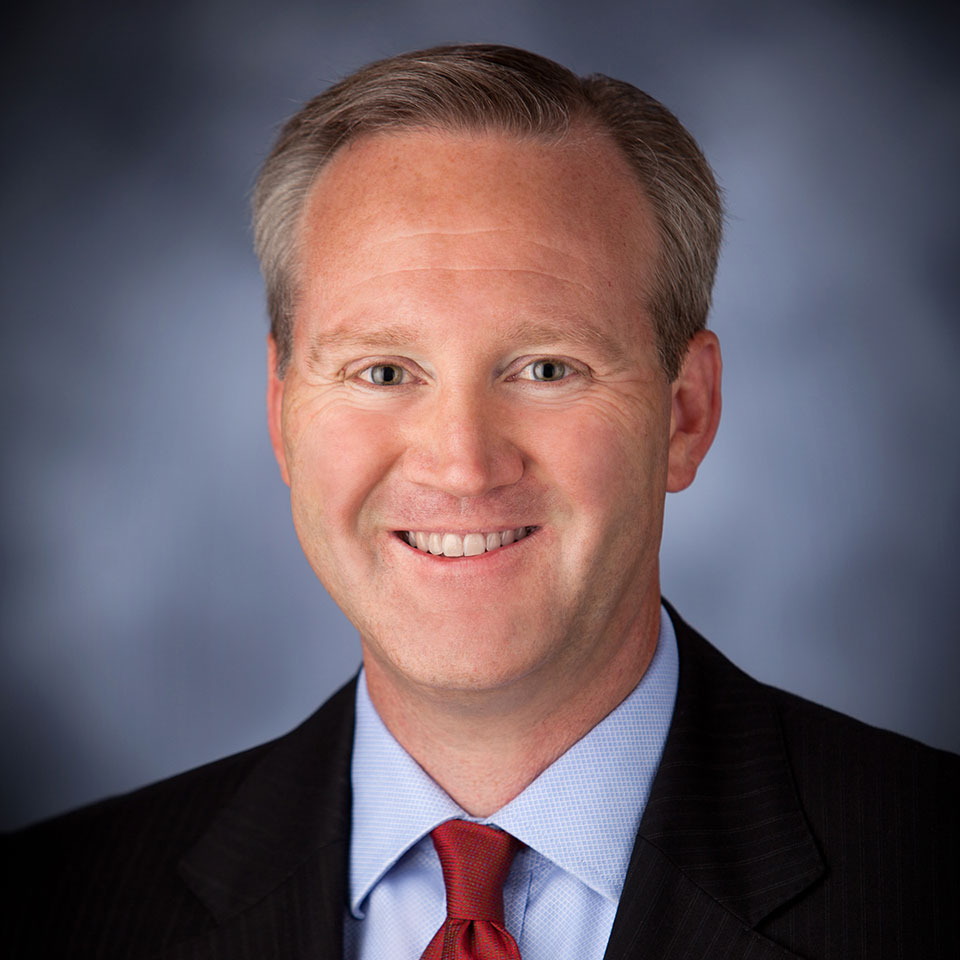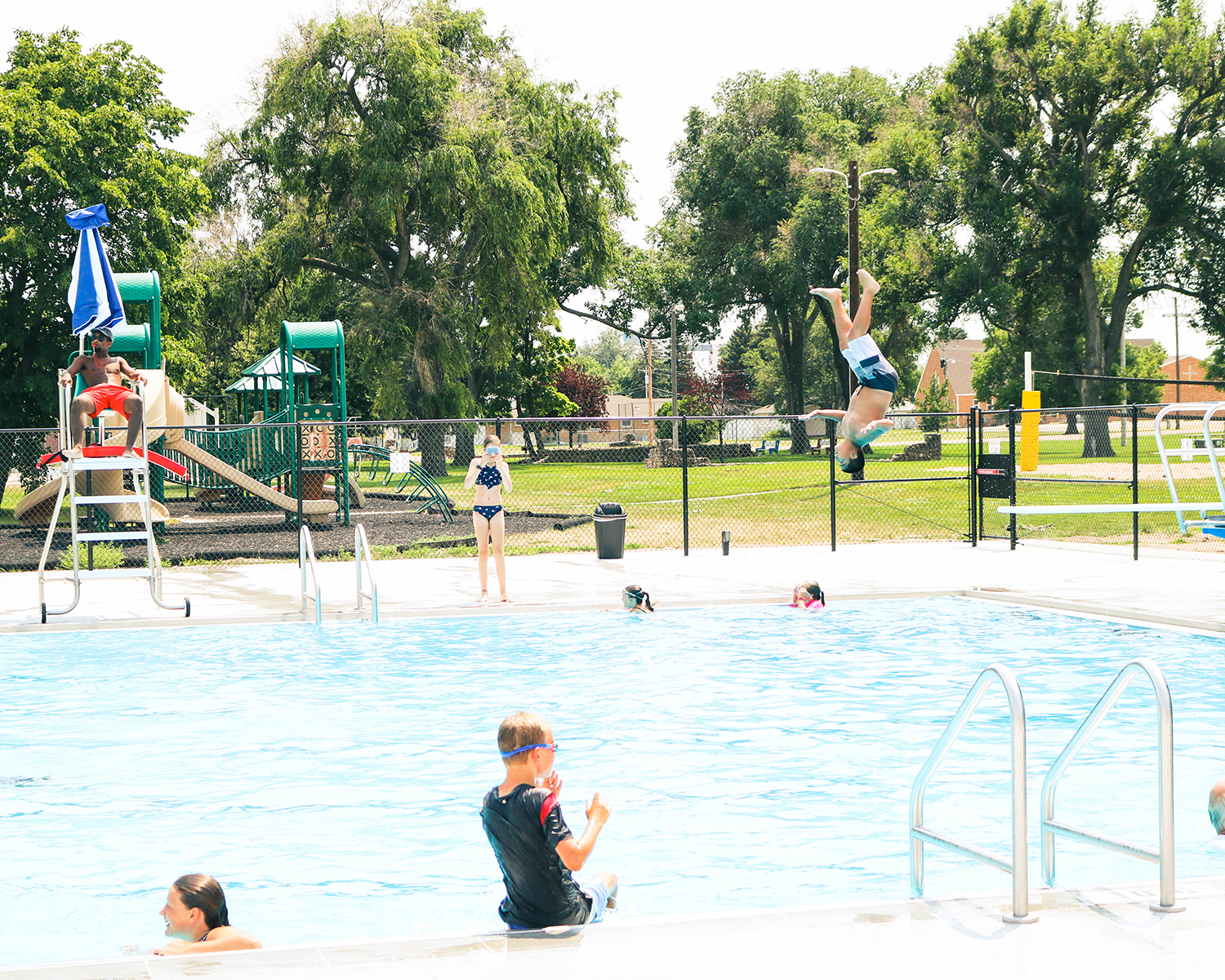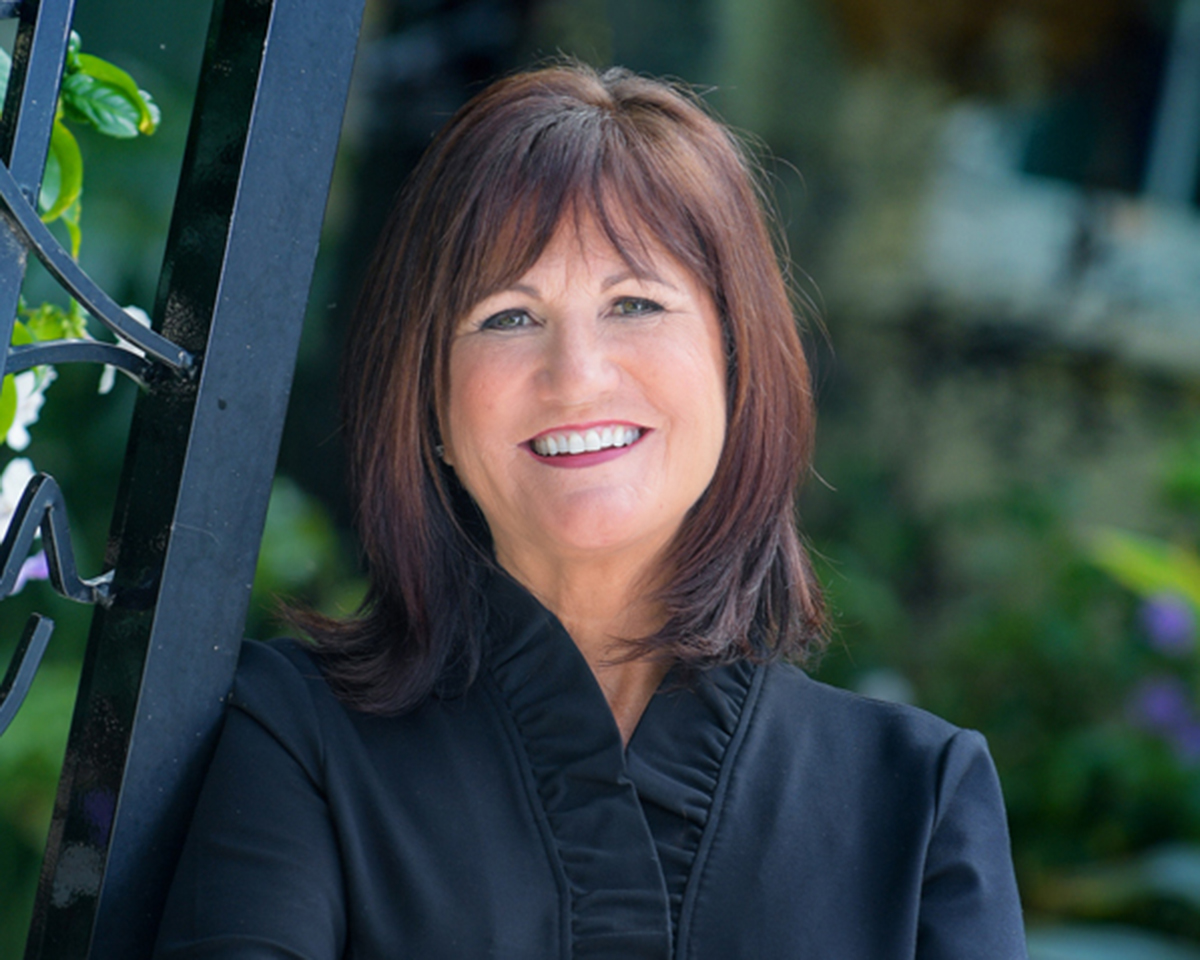 NCF Affiliated Fund Leaders and Members of the NCF Network,
NCF Affiliated Fund Leaders and Members of the NCF Network,
The NCF Network exists to build mutually beneficial relationships, trust, and capacity within and between Nebraska hometowns; we have been incredibly successful! Now is the time to activate our relationships and capacity to benefit every Nebraskan and every Nebraska hometown.
The COVID-19 pandemic is a call to action for all of us.
Yesterday I was on a Zoom session with Governor Ricketts, Commissioner of Education Matt Blomstedt, numerous health experts and several hundred Nebraska educational leaders. Now that “community spread” (viral spread not connected to travel) has been confirmed in Nebraska, it is only a matter of time before COVID-19 appears in every Nebraska hometown. The Governor described K-12 students as “vectors” for transmitting the virus to one another and especially to older and more vulnerable populations. Therefore, the rationale for closing schools and other large events is to decrease the rate of spread.
Health experts are telling us that the most vulnerable, especially elders, are at especially high-risk from COVID-19. It is projected that five percent of all COVID-19 patients will need to be hospitalized. If that happens in a short period of time, our healthcare infrastructure will be overwhelmed and not able to help everyone who needs care. And for our neighbors 80 and older, the mortality rate is 15 percent (and even higher if a person has underlying health conditions such as diabetes, heart disease or a compromised immune system).
School closures may last for six to eight weeks, depending on how events continue to evolve. Yesterday Iowa closed all of its K-12 schools for four weeks. These prolonged school closures, along with the other dislocation and disruption, will put a strain on all of us. Community building, at its essence, is creating a culture of care, belonging and shared sacrifice. For years NCF has been encouraging all of you to “build relationships before you need them.” Now is when those existing relationships can be beneficial to every one of us.
How can you and your Affiliated Fund help?
We encourage you to contact your local education, healthcare and public health leaders to ask them how your affiliated fund can be of assistance:
- Do they need an emergency grant to build new capacity or keep some services going?
- Do they need help educating other community members on current circumstances related to this pandemic?
- Do they need help facilitating an emerging issue, such as out-of-school care for children whose parents must be at work (not everyone can telecommute, i.e. nurses or factory workers) or seniors being asked to shelter in place?
- Do they need ____________ (you fill in the blank)?
Your affiliated fund can be invaluable in this time of uncertainty. Food insecurity (students who receive free/reduced meals at school). Online classes. Connections with and services for those in quarantine or isolation, especially elders. The list of ways you and your affiliated fund can be of assistance is long.
How can we help you?
My NCF colleagues and I are here to help you be proactive and help your community at this time of need. We will be happy to:
- Help you set up “virtual” meetings (via Zoom) of your affiliated fund advisory committee; contact your NCF affiliated fund development coordinator for assistance
- Share what other affiliated funds are doing in their hometown or region
- Connect you with regional and state resources and leaders to answer questions or problem-solve
- Brainstorm or strategize new options or alternatives
Finally, in our globally interconnected world, the likelihood of the coronavirus impacting your community this year is almost assured. We hope that is not the case, but hope is not a plan. Jarrod McCartney of Red Cloud shared this bit of historical context which is worth a moment of your time:
In a 2015 doctoral dissertation for the University of Nebraska Medical Center, Kristin Watkins examined the history of the 1918 flu pandemic in selected smaller Nebraska communities (Wayne, Red Cloud, Anselmo, Valentine, Scottsbluff, and Gering) and surrounding rural areas. “It is clear that rural location did not provide protection from the virus,” Watkins writes. One lesson, she concluded, was that rural communities should not be lulled into a false sense of security by their geographical isolation. Source
Thank you all for your leadership, hard work, compassion and generosity.
Together a Greater Nebraska,
Jeff



